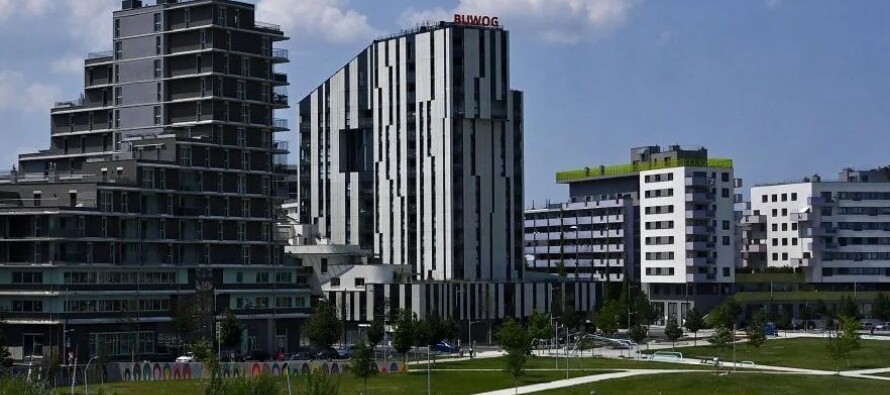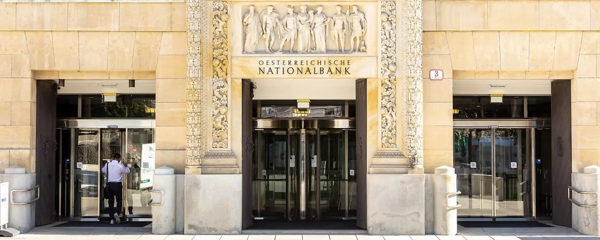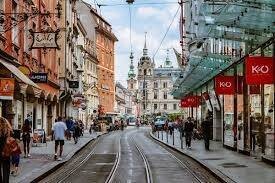
Renting in large cities has become inaccessible for many. Several factors are mentioned as responsible, such as Airbnb, vulture funds, the limited public supply, and mass tourism. While salaries do not increase sufficiently, renting an apartment becomes a challenge for many budgets. The housing crisis is evident, and more and more people are struggling to access decent housing.
In Vienna, on the contrary, it has managed to maintain affordable prices for its citizens, compared to other European capitals. Despite offering municipal housing with rents higher than social housing but lower than the private market, the quality of life is a point in favor of this city for many residents. Jorge, a resident of Vienna, highlights that renting is much cheaper and enjoying a large and bright home in a city with job opportunities is a great attraction.
A key factor in the affordability of rents in Vienna is the specific social and housing policy that the city has maintained over the years. Most properties still belong to the state, which promotes the construction and renovation of social housing, providing protection to tenants and fostering community participation. Despite facing challenges due to the city's growth, Vienna has managed to maintain a balance in the real estate market.
The city has a large number of subsidized apartments and non-profit properties, allowing more than 60% of Viennese residents to live in this type of accommodation. Unlike other cities where income is associated with certain areas, in Vienna, it is not as evident. Social housing is accessible to all residents who have been in the city for more than two years, and a regulation has been implemented to limit short-term rentals.
Amid a global housing crisis context, Vienna stands out as an example of how policy and state action can influence the affordability of rents and the quality of life of its inhabitants. Despite the challenges, the city continues to bet on a model that prioritizes the right to housing over its commodification.














